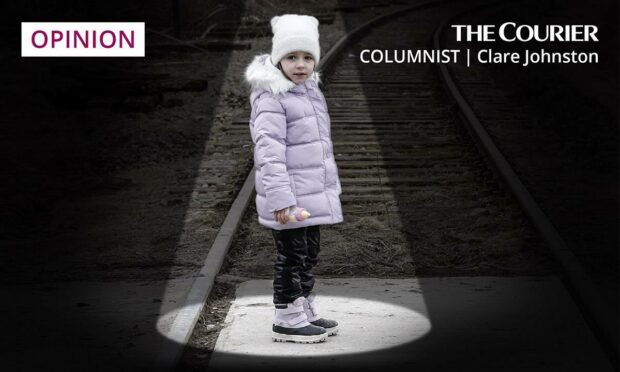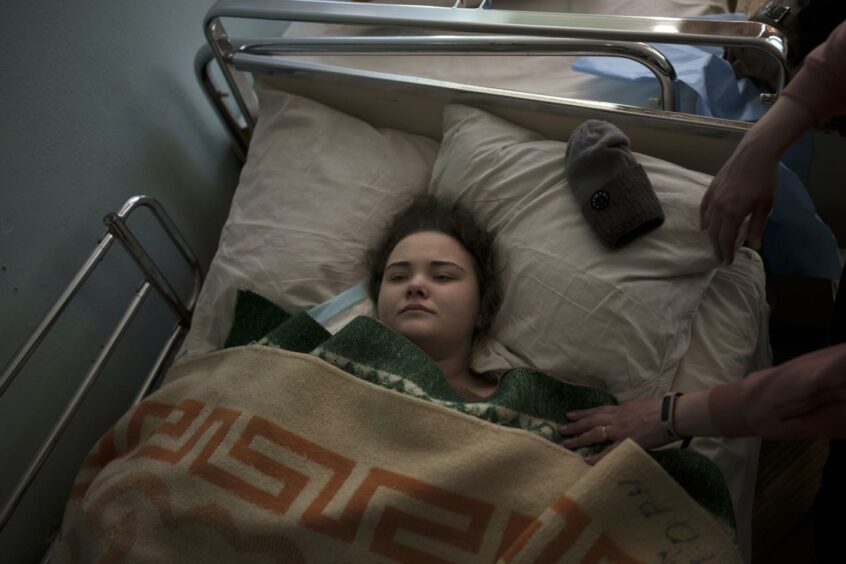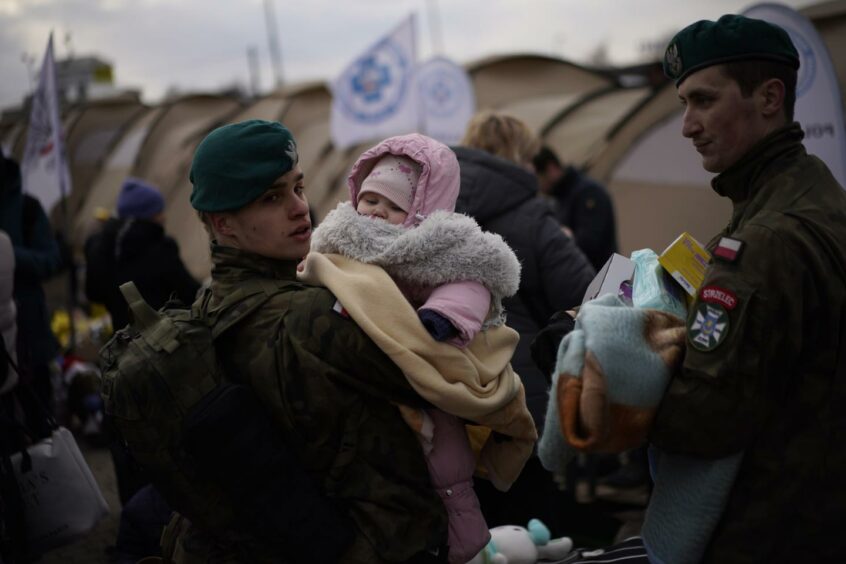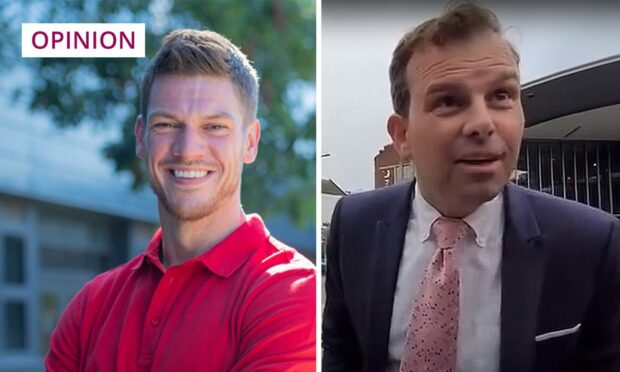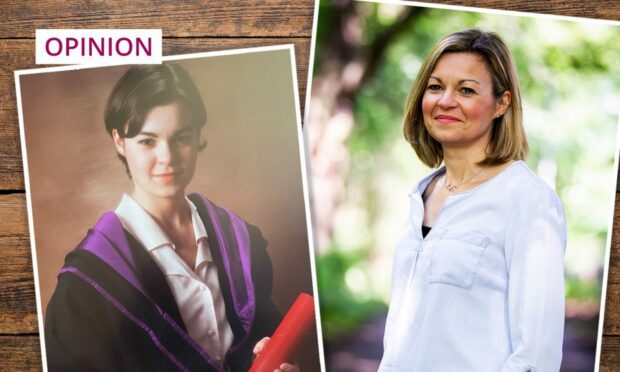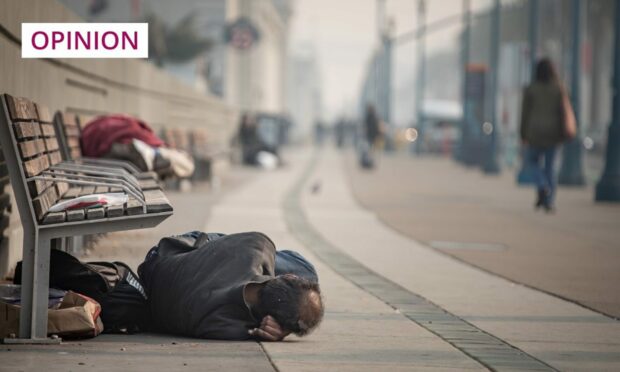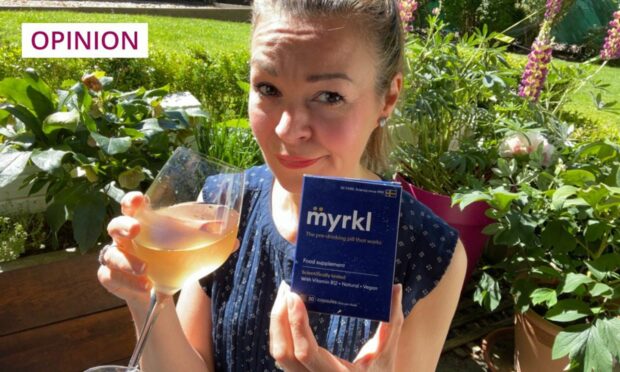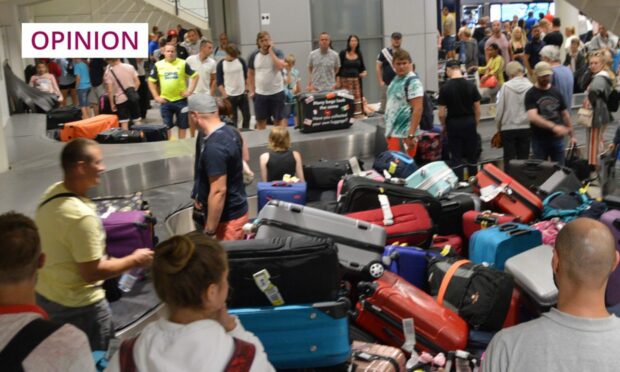In what turned out to be the most awkward of social encounters, I suffered the indignity of a lawyer turning his back on me mid-conversation after I mentioned I was a journalist.
He had initially been told by my neighbour that I was an author (also true) and was enjoying lording it up as he informed me of his film industry and media connections.
That’s when I mentioned I worked in the media as a journalist. And that’s when he turned his back on me with the words, “I don’t talk to journalists”.
“But I’m a good journalist,” I ventured, trying to salve the situation.
“There are no good journalists,” he shot back before flouncing off towards the drinks table.
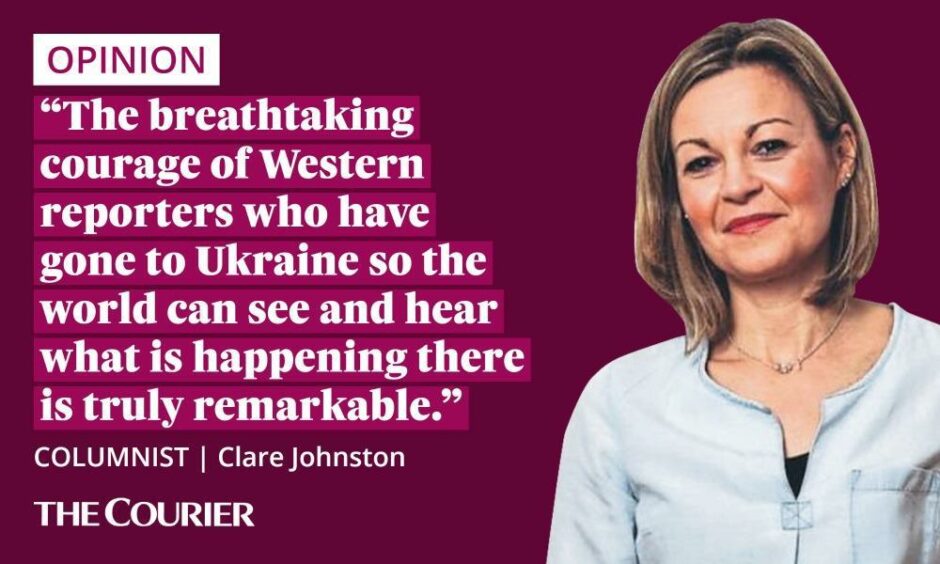
Turns out he’d been through a very nasty divorce.
Nasty because despite being hugely rich he’d upped and left his wife without so much as a toaster and, rightly infuriated, she contacted the press to make her feelings known.
Apparently not one for introspection, he turned the blame for his public humiliation not on himself but on journalists, and presumably his wife, for daring to expose his behaviour.
Yes, we journalists have had a hard rap in recent times, not helped by some of the sensationalist reporting and phone-hacking scandals arising from the tabloid heyday.
It prompted the creation of a new press standards regulator, IPSO, in 2014, to “uphold high standards of journalism and help maintain freedom of expression for the press”.
Beware the alternatives to mainstream media
As someone who has worked in journalism for 25 years now, I can vouch for the high standards that are applied when it comes to the veracity of the information presented by mainstream UK news outlets.
Yet journalists regularly top the polls of least trusted professions. And it’s a common occurrence on social media to see calls for a boycott of the “MSM” (mainstream media).
The Russian government is blocking media outlets and restricting social media — all to obscure the truth about what is happening on the ground in Ukraine. The Russian people deserve to know the truth about the death and destruction happening in their name. pic.twitter.com/8Jk8i32chU
— Secretary Antony Blinken (@SecBlinken) March 6, 2022
It’s something Russian leader Vladimir Putin has been itching for years to put into practice on behalf of his people and has just done.
New laws brought in since Russia began its invasion of Ukraine mean anyone deemed to be spreading ‘fake news’ *for fake read real* faces imprisonment.
Independent TV and radio stations are closing and international news outlets including the BBC, are suspending their operations.
Only the mouthpieces of the state remain, spouting lies of a ‘special military operation’ going exactly to plan.
Over the border in war-torn Ukraine they would rather sacrifice everything than be plunged into the darkness of life under an oppressive regime that will do anything to suppress the truth and manipulate reality.
The breathtaking courage of Western reporters who have gone to Ukraine so the world can see and hear what is happening there is truly remarkable.
‘Information is light’
In a video posted to Twitter this week the veteran journalist John Sweeney referred to the Tom Stoppard play Night and Day about foreign correspondents.
In it, a photographer tells a young reporter, “People do awful things to each other. But it’s worse in places where everybody is kept in the dark. Information is light. Information, in itself, about anything, is light.”
“Information is light “ #Ukraine https://t.co/DQf84AEVtd
— lyse doucet (@bbclysedoucet) March 6, 2022
It was immediately picked up by another veteran reporter and frankly an international heroine, Lyse Doucet.
And it’s why they put their lives on the line and stand in harm’s way. So that the rest of us can be in no doubt as to the truth.
Doucet, the BBC’s chief international correspondent, and Sweeney, who works freelance, remain in Ukraine from where they report daily on the deteriorating situation, despite the clear risks which escalate with each passing hour.
There’s a light at the end of the tunnel
For the rest of us sitting at home worrying about the situation in Ukraine and fearing the implications for our own futures, there seems little to celebrate.
We’ve been told by former communities secretary Robert Jenrick to brace for what could be “the most difficult economic year that we’ve seen in our lifetime” as Western sanctions on Russia dramatically increase fuel costs.
Yet at the end of this tunnel for a freedom-loving country like ours there is a light.
It’s there, in sharp contrast to the independent media blackout in Putin’s Russia.
And while we in the UK can feel overwhelmed by the amount of coverage we’re exposed to every day of this terrible assault on the Ukrainian people – and of the impact on our own lives – let’s not forget what the alternative is.
There are good journalists, and information is the key to our continued freedom.
Because information is light, and right now we are flooded by it.
